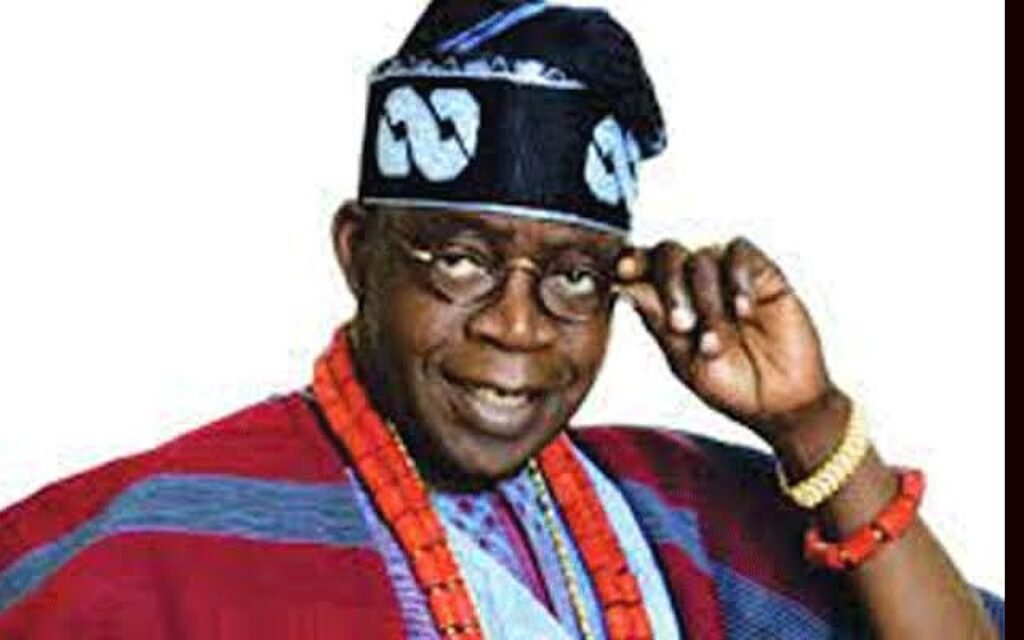Nigeria’s former Governor of Lagos State and All Progressives Congress (APC) national leader, Bola Ahmed Tinubu, now President, recently announced plans to reintroduce fuel subsidy if he becomes the country’s next leader.
The announcement initially sparked a flurry of reactions on Twitter, with many Nigerians expressing their opinions on the matter.
Some users were in support of Tinubu’s proposal, arguing that fuel subsidy is necessary to alleviate the suffering of the masses who are already burdened by high fuel prices.
One user, @OluwaseyiAbdul, tweeted, “Tinubu’s plan to reintroduce fuel subsidies shows he understands the plight of the common people. We need someone who cares about us in power.”
However, others criticized Tinubu’s announcement, citing the negative effects of fuel subsidies on the economy and the likelihood of corruption in its implementation.
One user, @ChinonsoEzennia, tweeted, “Tinubu’s plan to reintroduce fuel subsidy is a disaster waiting to happen. We’ve seen how it played out before, with corruption and inefficiency. We need new solutions, not old failed ones.”
Some users also questioned Tinubu’s sincerity, given his past statements against fuel subsidy during the administration of former President Goodluck Jonathan.
One user, @NnekaNwaosu, tweeted, “Tinubu said fuel subsidy was a scam under Jonathan, but now he wants to bring it back? Make it make sense.”
Tinubu is widely expected to run for president in the 2023 elections, and his announcement on fuel subsidy is likely to be a major issue in the campaign.
As Nigerians continue to debate the pros and cons of fuel subsidy, it remains to be seen how it will factor into the country’s political landscape in the coming months.
Suddenly, the recently sworn-in President took a U-turn from his old decision to allow the subsidy to remove it in the long run.

